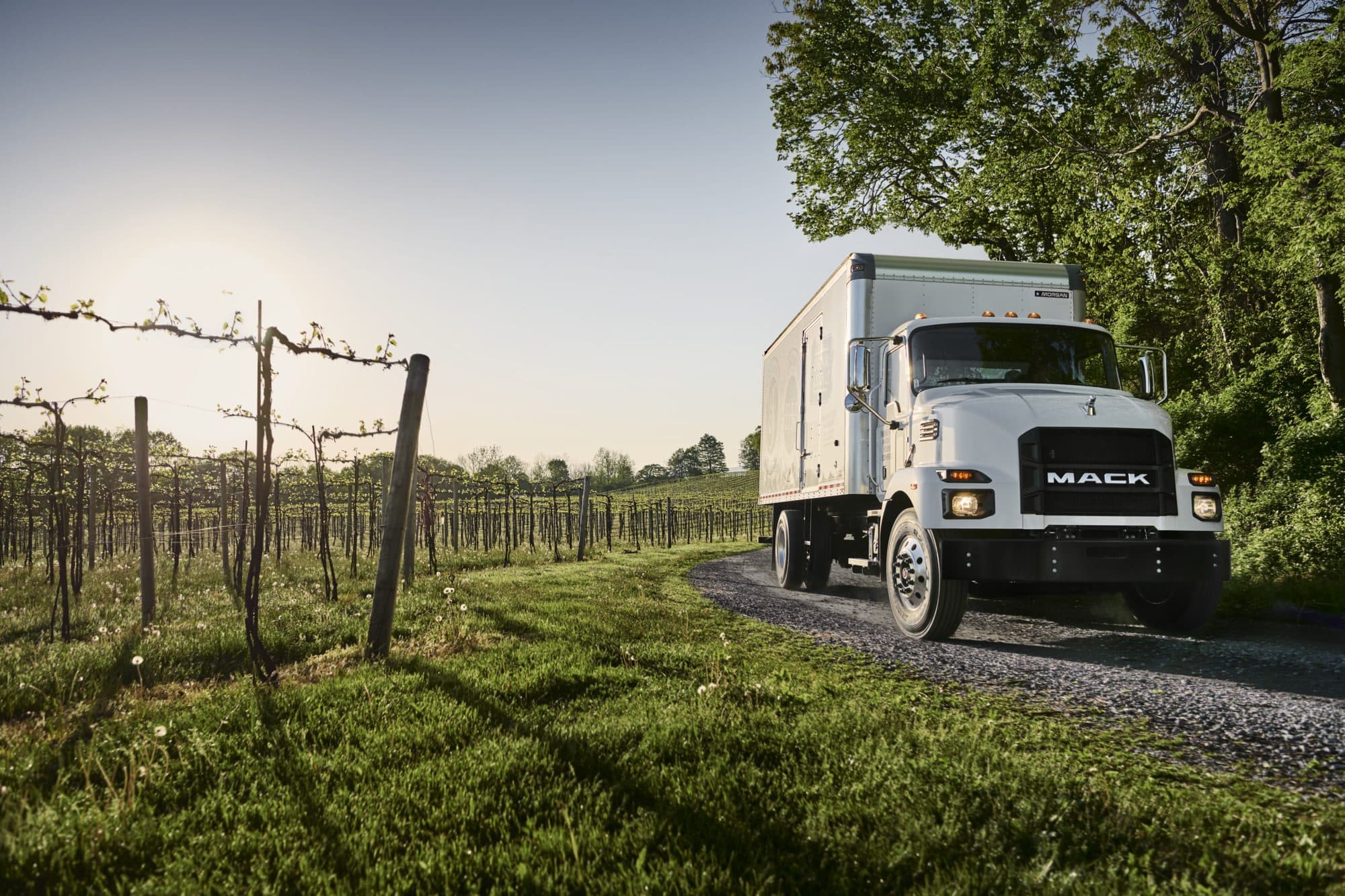There are many ways to acquire a new truck. The best option for you depends on what you're looking for, what your business is capable of and where you want to put your internal resources.
For owner-operators or large transportation fleets, you may want to own your vehicles and perform your own maintenance to maximize your profits. But that may not be the objective of every business needing commercial vehicles. That's where leasing comes in.
Our leasing department offers two distinct lease options that you may have heard of, a Fair Market Value Lease (FMV) and a Full-Service Lease (FSL). Read on below to learn more about these two types of lease programs.
Fair Market Value Lease
For many outside of trucking, leases are most familiar in housing, but there are a few differences. Some of the key points of a fair market value (FMV) or Walk Away lease are...
- The company you lease from owns the vehicle
- You are responsible for maintenance and vehicle care
- Monthly lease payments count as operating expenses
- When the lease ends, you give the vehicle back.
- You may have to pay a fee at the end of a lease in cases of excessive wear.
FMV leases are often the least expensive leases overall, and leave you with no residual risk. But you cannot build equity in the trucks and when maintenance is needed, say an oil change or new brake pads, you're on the hook for the cost.
Full-Service Lease
A full-service lease is the top tier of leases. The key difference between this lease type and the previous two is that you are not responsible for maintenance. When the vehicle reaches scheduled maintenance intervals set by the manufacturer, bring it back to the leasing company to perform the work.
One of the biggest benefits to this type of lease is predictable expenses. Your lease amount is all you pay for your vehicles whether it all ran perfectly or every truck needed an oil change and new brake shoes on the same day.
Another major benefit to a full-service lease is regulatory compliance. You're not the owner, so you don't have to worry. If your vehicle is suddenly non-compliant, your leasing company will reach out to determine the best course of action for achieving compliance. That can take a whole lot of headache off of your fleet managers.
Contract Maintenance
Another option many aren't aware of is contract maintenance. You own your vehicle, but you're not responsible for regular maintenance. Instead, you pay a fee to a leasing and maintenance company who covers it all.
Contract maintenance is great for companies looking to ensure their fleet is running as smoothly as possible, but don't have time for all the work that goes into maintaining that fleet. Contract maintenance allows you to keep your expenses steady while ensuring your vehicles get the maintenance they need.
Whether you decide to rent, lease or purchase, it's important to understand the costs to your business. Map out expenses for each option to determine what's going to be the most cost effective for you. Not sure how to do that? Contact one of our leasing professionals for assistance.






